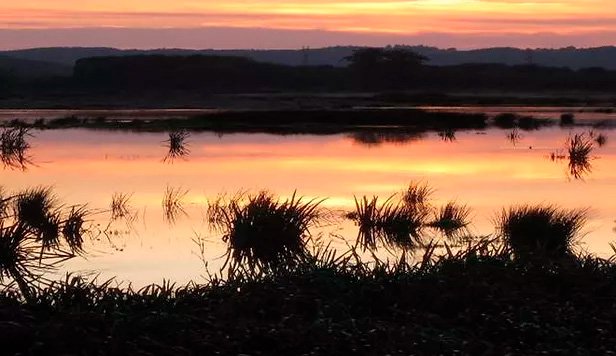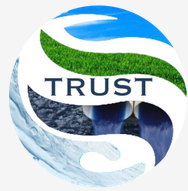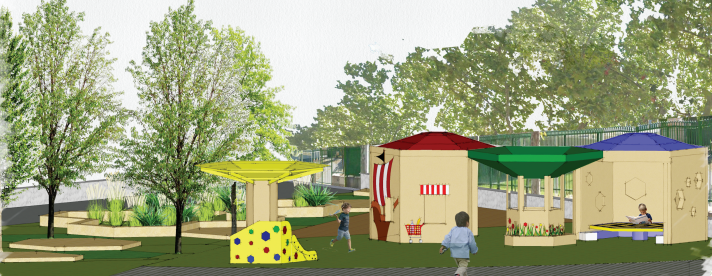
ACT on NBS
Ciudades adaptables a través de soluciones basadas en la naturaleza.

Fundación PRIMA
Infraestructuras de agua, saneamiento y tratamiento y Nuevas tecnologías
UNICAL, ITM, CNRS, Universidad de Valencia, TERIVA, University of Montpellier, INAT, LHYGES, USfax, EGE, VYYU, DEU, UGUELMA
Termina en Mayo 2024
La escasez de agua no es sólo un fenómeno que impacta en el medio ambiente, también afecta al sector económico, energético, industrial y a la sociedad. Además, en las regiones mediterráneas el riesgo de sequía aumenta por el efecto combinado de la sobreexplotación de los recursos hídricos y el cambio climático.
Por otro lado, la industria textil es uno de los sectores que utilizan mayores cantidades de agua dulce, y es una de las principales industrias con un papel económico de gran relevancia en Turquía y Túnez. También, según los informes del Banco Mundial, la industria textil contribuye en general en el 20-30% de la contaminación del agua dulce.
En cuanto a la industria farmacéutica, existe una creciente preocupación por la calidad del agua debido a los contaminantes emergentes que produce, ya que, por lo general, las plantas convencionales de tratamiento de aguas residuales (EDAR) no tienen en cuenta estos compuestos.
Conforme el tiempo avanza, la demanda de agua aumenta al aumentar la población y los requisitos normativos medioambientales son cada vez más estrictos, debido a la creciente concienciación sobre los riesgos para la salud humana y para el medio ambiente. Por lo tanto, la búsqueda de un método avanzado eficaz de tratamiento y reutilización de las aguas residuales de las industrias textil y farmacéutica es todo un reto.
Actualmente, el agua no convencional, como las aguas residuales, se reutiliza sólo en torno al 20%, un tratamiento adecuado generaría una nueva fuente de agua limpia para su uso y una oportunidad para mejorar la seguridad hídrica.
El uso de aguas residuales tratadas es una de las alternativas más sostenibles para hacer frente a la escasez de agua. En TRUST, se analizarán diversas tecnologías teniendo en cuenta la calidad del agua tratada para su reutilización y la sostenibilidad general mediante la aplicación de herramientas de evaluación del ciclo de vida. Además, se realizará un estudio de la aceptación de estas tecnologías con enfoque participativo.
El concepto general de TRUST es proporcionar estrategias de tratamiento de las aguas residuales, considerando el impacto del ahorro de agua y la reutilización a escala de cuenca en dos regiones (Túnez y Turquía) que actualmente tienen escasez de agua y en el contexto del cambio climático.

La escasez de agua no es sólo un fenómeno que impacta en el medio ambiente, también afecta al sector económico, energético, industrial y a la sociedad. Además, en las regiones mediterráneas el riesgo de sequía aumenta por el efecto combinado de la sobreexplotación de los recursos hídricos y el cambio climático.
Por otro lado, la industria textil es uno de los sectores que utilizan mayores cantidades de agua dulce, y es una de las principales industrias con un papel económico de gran relevancia en Turquía y Túnez. También, según los informes del Banco Mundial, la industria textil contribuye en general en el 20-30% de la contaminación del agua dulce.
En cuanto a la industria farmacéutica, existe una creciente preocupación por la calidad del agua debido a los contaminantes emergentes que produce, ya que, por lo general, las plantas convencionales de tratamiento de aguas residuales (EDAR) no tienen en cuenta estos compuestos.
Conforme el tiempo avanza, la demanda de agua aumenta al aumentar la población y los requisitos normativos medioambientales son cada vez más estrictos, debido a la creciente concienciación sobre los riesgos para la salud humana y para el medio ambiente. Por lo tanto, la búsqueda de un método avanzado eficaz de tratamiento y reutilización de las aguas residuales de las industrias textil y farmacéutica es todo un reto.
Actualmente, el agua no convencional, como las aguas residuales, se reutiliza sólo en torno al 20%, un tratamiento adecuado generaría una nueva fuente de agua limpia para su uso y una oportunidad para mejorar la seguridad hídrica.
El uso de aguas residuales tratadas es una de las alternativas más sostenibles para hacer frente a la escasez de agua. En TRUST, se analizarán diversas tecnologías teniendo en cuenta la calidad del agua tratada para su reutilización y la sostenibilidad general mediante la aplicación de herramientas de evaluación del ciclo de vida. Además, se realizará un estudio de la aceptación de estas tecnologías con enfoque participativo.
El concepto general de TRUST es proporcionar estrategias de tratamiento de las aguas residuales, considerando el impacto del ahorro de agua y la reutilización a escala de cuenca en dos regiones (Túnez y Turquía) que actualmente tienen escasez de agua y en el contexto del cambio climático.


Fundación PRIMA
Infraestructuras de agua, saneamiento y tratamiento y Nuevas tecnologías
UNICAL, ITM, CNRS, Universidad de Valencia, TERIVA, University of Montpellier, INAT, LHYGES, USfax, EGE, VYYU, DEU, UGUELMA
Termina en Mayo 2024

Ciudades adaptables a través de soluciones basadas en la naturaleza.

Sistema de recogida de aguas en la Escuela de Educación Infantil (EEI) El Principito para su posterior reutilización y ayudar a mitigar los riesgos de

Maximizar el impacto de los proyectos de investigación climática financiados por Horizonte Europa.